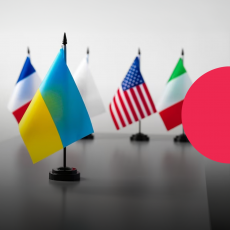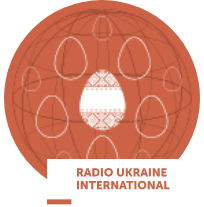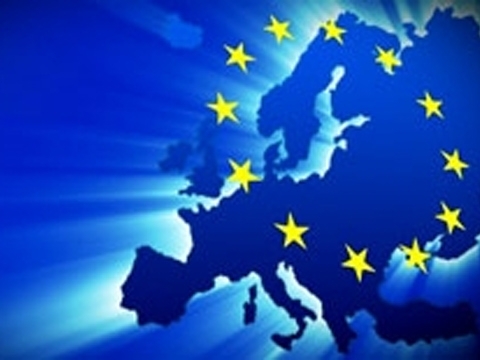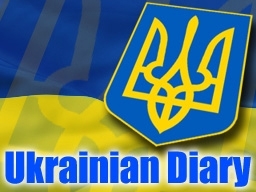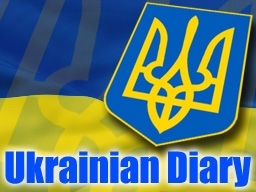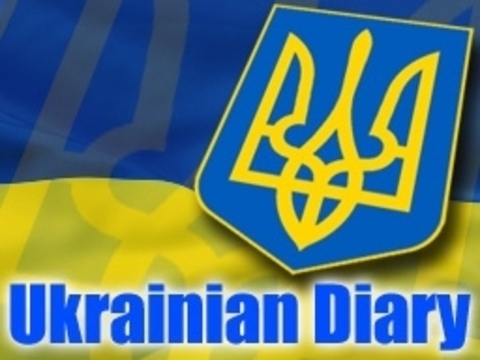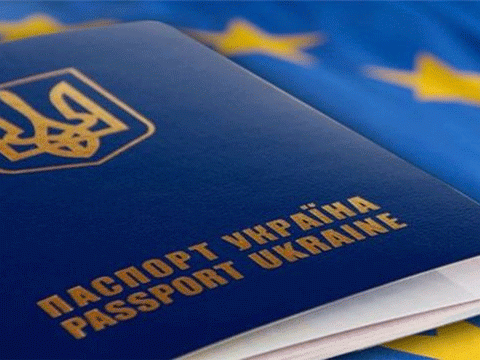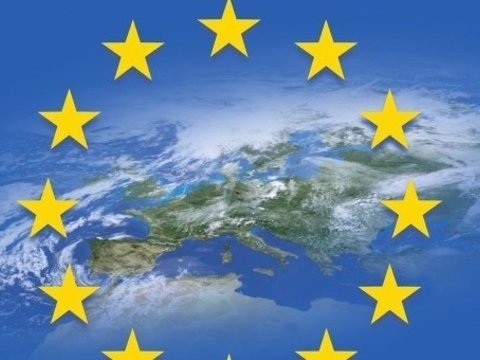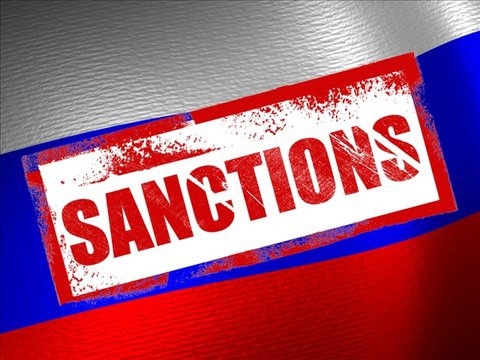A joint letter of intent on deepening cooperation between the EU member states in the field of defense was solemnly signed by representatives of 23 member countries at a meeting of the Council of Ministers of Defense and Foreign Affairs on November 13 in Brussels.
Radio Liberty reports.
"This is the beginning of our joint work: 23 states commit themselves to strengthening military capabilities and operational capabilities - this is somewhat extraordinary, without a doubt, this is a historic moment for European defense," said the EU High Representative for foreign and security policy Federica Mogherini after the signing of the letter, adding that this document is open to other states that may wish to join this initiative.
The EU Council states that the development of permanent structural cooperation between the EU countries "symbolizes a new era in the European Union's defense policy and strengthens the security of the whole united Europe."
According to the EU Permanent Defense Co-operation Agreement (PESCO), which was envisaged by the Lisbon Treaty, the EU member states will participate in enhanced and significantly more systematic cooperation: they increase defense spending, provide their units to EU operations, create joint military capabilities and strengthen the defense industry.
At the same time, the sovereign right to maintain its national defense policy remains with each of the participating states.
At the same time, under the chairmanship of Estonia in the EU, on their initiative, this joint message was accompanied by a commitment to simplify European military transport, the creation of the so-called "military" Schengen " since "the unhindered movement of military units and deliveries for a minimal bureaucracy serves the purposes of the EU and NATO ".
Today's signing of the letter oof intentions to deepen cooperation between the EU states in the field of defense must be formally approved at one of the next December Council meetings of the EU.
The current meeting of EU ministers, also addressed deepening cooperation with the NATO alliance, in particular countering hybrid threats, as well as further support of the Working Group on Strategic Communications, in particular, increasing its funding.
